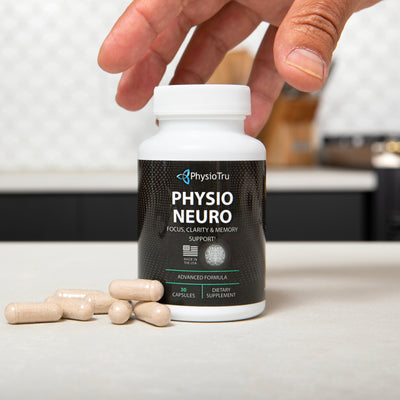Taking strong sleeping pills has always come with a long list of risks, from mild to serious. Now, there are two more to add to the list. They could increase the likelihood of strokes and falls among those with dementia, according to research from the University of East Anglia's Norwich Medical School.
Many people who suffer from dementia also have sleep issues and are often prescribed strong sleeping pills like zolpidem (Ambien), zaleplon (Sonata), and zopiclone to help them get to sleep and sleep through the night. These drugs are also known as Z-drugs. However, when Z-drugs are taken in higher doses, serious adverse effects can occur.
British researcher Chris Fox notes, "As many as 90% of people with dementia suffer sleep disturbances and it has a big impact on their mental and physical health, as well as that of their carers."
It is common for people with sleep issues to be prescribed Z-drugs, but for dementia patients, taking them is risky. Z-drugs are now associated with adverse events like falls, which can easily lead to fractures among the older population.
The British study included data from over 27,000 dementia patients in England, with their average age being 83. The patients had been diagnosed with dementia between 2000 and 2016. Over 3,500 of them had been prescribed Z-drugs.
The purpose of the two-year study was to look into adverse outcomes of dementia patients taking Z-drugs. Adverse outcomes include fractures, falls, stroke, thrombosis, and death. Additionally, researchers examined if higher dosage caused worse outcomes.
Of the 3,500 dementia patients taking Z-drugs, 17 percent took higher doses. Higher doses were defined as corresponding to 7.5 mg or more of zopilcone. Those patients with higher doses had an increased likelihood of falls and fractures. Most common were hip fractures.
Dementia patients taking higher doses of Z-drugs also had an increased risk of stroke over those who were not taking any medicine for sleep issues. Low doses of Z-drugs did not show these adverse effects.
This means people with dementia should avoid taking higher doses of Z-drugs. Instead, they should consider non-pharmacological options, according to Fox.
Dementia patients who take higher Z-drug doses should not stop taking them abruptly, however. They should talk to their doctor before making any changes.
{{CODEhref_1804}}
{{CODEtrackinglink_1804}}





